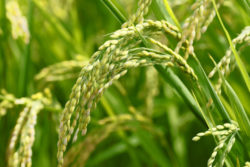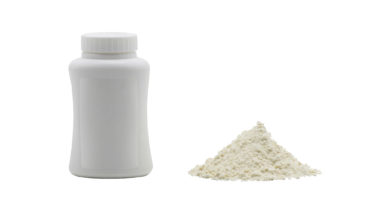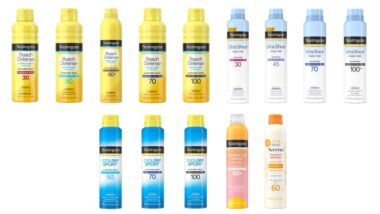Top Class Actions’s website and social media posts use affiliate links. If you make a purchase using such links, we may receive a commission, but it will not result in any additional charges to you. Please review our Affiliate Link Disclosure for more information.

The ban, scheduled to take effect on December 1, also includes paraquat and the insecticide chlorpyrifos.
Growing Public Opposition Around the World
Earlier this year, the parliament of Austria enacted its own ban on glyphosate weed killer, while manufacturer Bayer’s home country of Germany is phasing in restrictions that will eventually end all use of the herbicide by 2023. Other governments that have banned glyphosate include Malawi, Saudi Arabia and Bermuda as well as eight of the ten Canadian provinces; several other nations either are planning to ban the substance, or have enacted severe restrictions on its use.
In the U.S., federal regulators have sided with Bayer, which continues to insist that glyphosate is “safe when used according to directions.” However, several municipal and county governments in a number of states have gone ahead and enacted their own bans or restrictions.
Opposition From Farmers and Merchants
Although Thailand’s impending ban on glyphosate weed killer has broad support among the citizenry and lawmakers, farmers and merchants who deal in the soon-to-be prohibited products have registered their own protests. Farmers claim that not being able to use glyphosate would drive up their production costs dramatically while threatening cash crops such as rice, sugar cane, cassava, and peanuts.
Traders and merchants who deal in glyphosate have asked the Thai government to postpone the ban for six months so they will have time to dispose of existing stock, currently estimated at around 30,000 tons – and to give farmers time to come up with glyphosate alternatives.
Thai opponents of the glyphosate ban even appear to have allies in the U.S. federal government, which – according to the Bangkok Post – has suspended $1.3 billion in trade preferences for Thailand in retaliation for enacting the ban.
Are Glyphosate Weed Killer Products Carcinogenic?
Bayer, which faces approximately 13,500 lawsuits from plaintiffs claiming their cancer was caused by glyphosate exposure and has suffered catastrophic declines in its monetary value, stubbornly continues to defend the product, despite having three multi-million dollar judgments against the company since glyphosate litigation got underway last year. The International Agency for Research on Cancer determined that glyphosate is a “likely carcinogen,” while several independent scientific studies continue to find compelling evidence linking glyphosate weedkiller and various forms of cancer.
There is even evidence to indicate that glyphosate may be connected to exploding rates of gluten intolerance and autism in children.
Aside from the cancer risk and other possible health impacts of glyphosate, recent research is showing that glyphosate is behind the collapse of bee populations and the die-off of butterflies – both of which are important pollinators. The absence of these beneficial insects could spell disaster for food production across the planet.
If you or a loved one developed cancer after using Roundup as a farm worker or home gardener, you may have a legal claim. Legal migrant farm workers may also seek help. Learn more by filling out the form on this page for a FREE case evaluation.
ATTORNEY ADVERTISING
Top Class Actions is a Proud Member of the American Bar Association
LEGAL INFORMATION IS NOT LEGAL ADVICE
Top Class Actions Legal Statement
©2008 – 2024 Top Class Actions® LLC
Various Trademarks held by their respective owners
This website is not intended for viewing or usage by European Union citizens.
Get Help – It’s Free
Join a Free Roundup Cancer Class Action Lawsuit Investigation
For the most up-to-date information on this case, click here.












